journalism
Latest

Podcasts can now win Pulitzer Prizes
Podcasts like S-Town, Serial and Believed aren't just enthralling, they're also great examples of hard-hitting, in-depth reporting. With that in mind, the Pulitzer Prize Board is adding a new journalism prize category for audio reporting.

Google News dives deeper into stories with 'Beyond the Headlines'
Google has been tweaking its News site a lot over the last year in an effort to highlight major publishers and be more transparent on how it ranks news. Now, Google News has unveiled a "Beyond the Headlines" tab that lets you take a deeper dive on specific topics. That includes highlighting editorials, reportage, features, explainers and other types of longer-form stories.
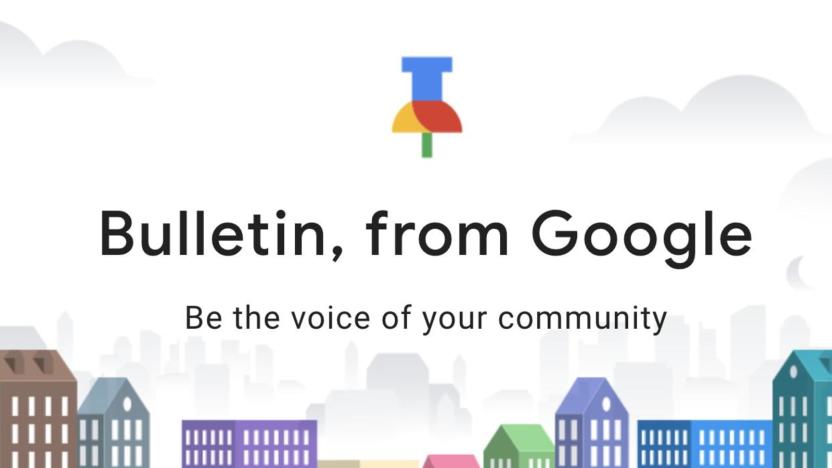
Google shutters Bulletin, its hyperlocal news experiment
Google is ending its hyperlocal news experiment Bulletin. Similar to Nextdoor, Bulletin was a blog-like service that allowed users to post stories with video and photo content to the app. People nearby could see those posts, and they could appear in Google Search. The service launched as a pilot in 2018, and now, Google is shutting it down.
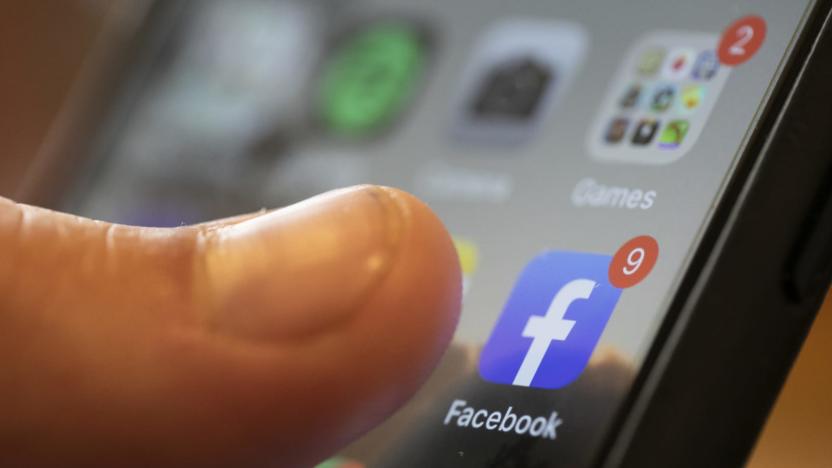
Facebook will use humans to curate its News Tab
When Facebook trots out its News Tab, it won't just rely on algorithms to decide what you see. The social network has revealed that a "small team of journalists" (yes, real humans) will help curate the dedicated section, with job listings going live on August 20th. While algorithms will rank most stories, the journalists will be far faster at highlighting the most relevant stories -- it would take a long time to train an algorithmic system to deliver similar customization.
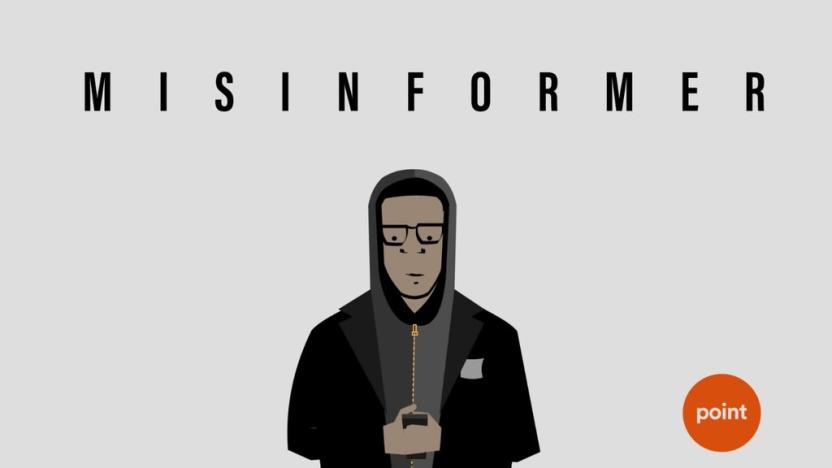
Kickstarter game teaches players how to identify fake news
Between fake news, viral clickbait and biased reporting, it's hard to get a sense of what is really true when reading the headlines. So a new game being pitched on Kickstarter aims to take the public behind the curtain and show them how journalism works by putting them in the driving seat.

Facebook may add a dedicated news tab later this year
Mark Zuckerberg has revealed he may add a dedicated tab for "high-quality news" to Facebook, perhaps by the end of the year. The section would reportedly be free for users, though Facebook might pay publishers whose work is featured. Zuckerberg mooted the idea in a conversation with Axel Springer CEO Mathias Döpfner, as part of his goal this year to hold discussions about the future of technology in society.

Verizon and Disney think 5G can 'transform' entertainment
Verizon has announced at CES 2019 that it's teaming up with Walt Disney Studios to bring emerging technologies, namely 5G, to media and entertainment. The partnership is designed to deliver the network's 5G connectivity to every facet of the studio's work, from production to personal consumer experiences. According to Variety, the deal between the two companies will give Disney's StudioLab the ability to tap into Verizon's next-gen wireless broadband, which offers data transferring speeds of up to 10 gigabits per second.

Elon Musk needs to chill out
Remember when an Uber executive said some crazy shit at a dinner party about tracking and digging up dirt on journalists? Yeah, that was a stupid thing to do. Now Tesla CEO Elon Musk is walking down that same path. Except he didn't say it at a private shindig where he thought the world wasn't listening. It's on Twitter and it's ridiculous, dangerous -- and shouldn't he be building cars right now?
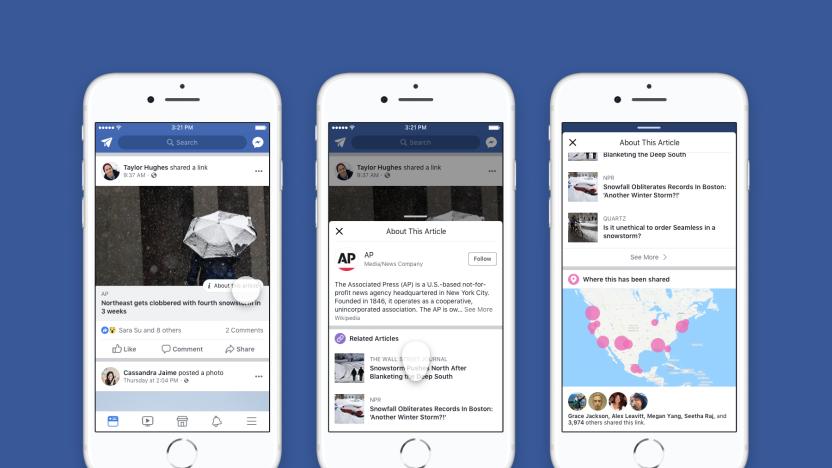
Facebook rolls out news verification tools to everyone in the US
Facebook has been fighting fake news for a while now, ranking "trusted" sources and demoting "engagement bait" stories. Last October, the company began testing a feature that provided information on article publishers to help people decide which sources were worth reading, trusting and sharing. Now the company is set to roll this out to everyone in the US, along with two more options to give you more context when you see a story in your news feed.
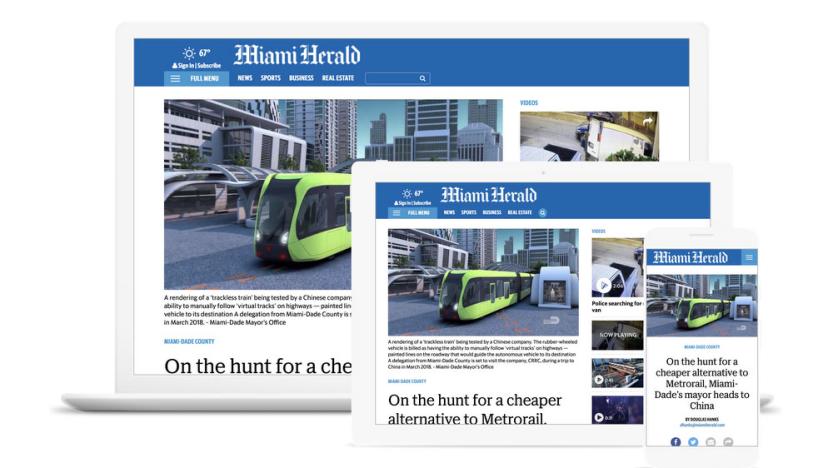
Google just made paying for the news dead-simple
Good journalism is worth paying for, full stop. As part of a larger plan to help valuable reporting thrive in an age where content is a commodity, Google unveiled a new tool for publishers called Subscribe that makes it trivial to -- what else? -- subscribe to premium news services.
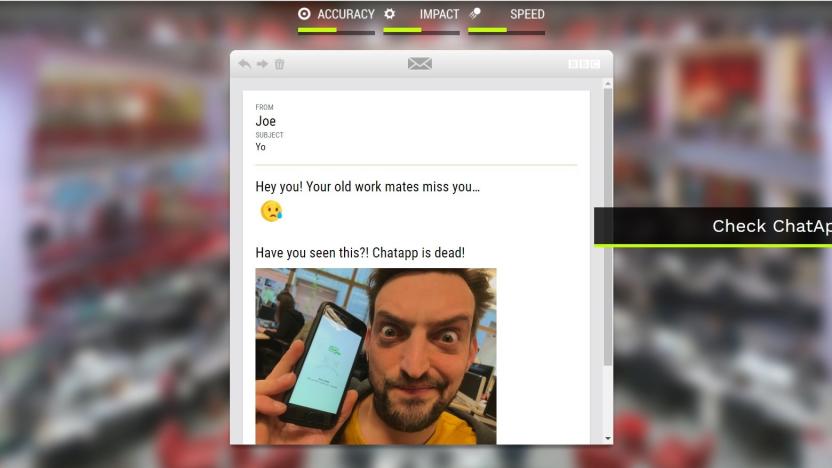
BBC game helps kids lead the fight against fake news
The BBC wants the news consumers of tomorrow to understand and identify fake news, and has launched a game to help them do exactly that. The game, called BBC iReporter, puts young people in the shoes of a newbie BBC journalist about to break their first news story. Players must make all kinds of journalistic choices in pursuit of their scoop. Which sources should they trust? Where should they go to check their facts? Their objective, just like real journalists, is to deliver a tight, credible story against the clock, or face the wrath of their editor.
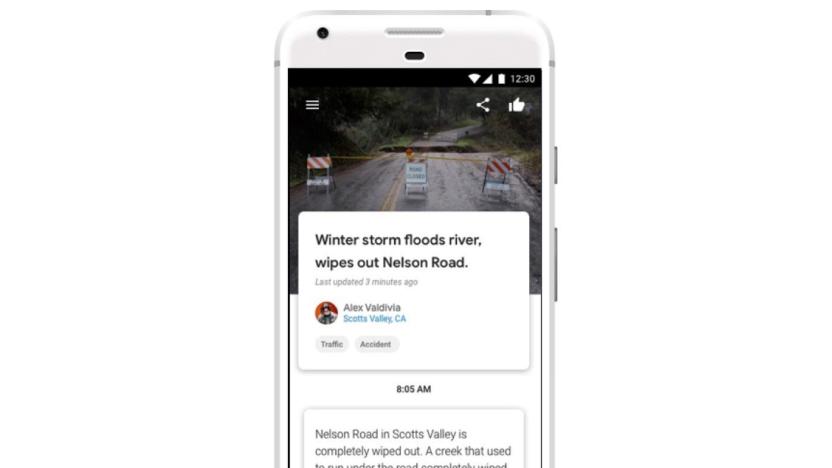
Google Bulletin is powered by your hyperlocal news updates
Google has been toying with the idea of hyperlocal news for a while now. It tested Google Now cards back in 2013 that could display information as close as your neighborhood, for example. The company's latest take, Bulletin, is in testing as an app to create and instantly publish those hyperlocal stories from your phone. Currently only in early access in Nashville and Oakland, Bulletin encourages local journalists and everyday folk to capture a video, take a snapshot and build a story around events wherever they happen.
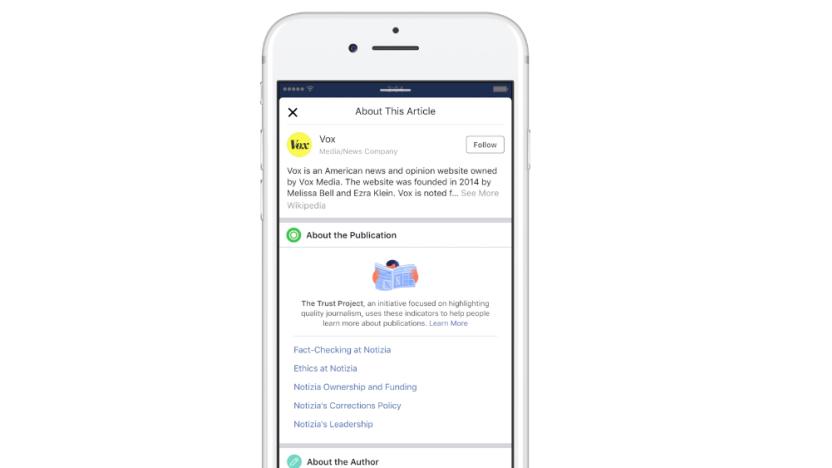
Facebook, Google and others add trust icons to tackle fake news
More than 75 major news outlets have agreed to use Trust Indicators on their content in a bid to stem the tide of fake news. Facebook, Google, Twitter and Bing will display the indicators on their sites as part of a partnership with The Trust Project, which aims to promote authentic fact-based journalism.

Sen. Al Franken slams Facebook and Google's control of the press
Al Franken has again raised alarms about how Facebook and Google are misusing the "unprecedented power" they wield over how the public gets information. In a speech yesterday, he pointed out that while the firms control 75 percent of all news traffic referrals, both allowed Russia to interfere in US politics despite obvious signals. "The government has a responsibility to ensure that these corporations do not endanger our national security, our democracy or our fundamental freedoms," Franken said.
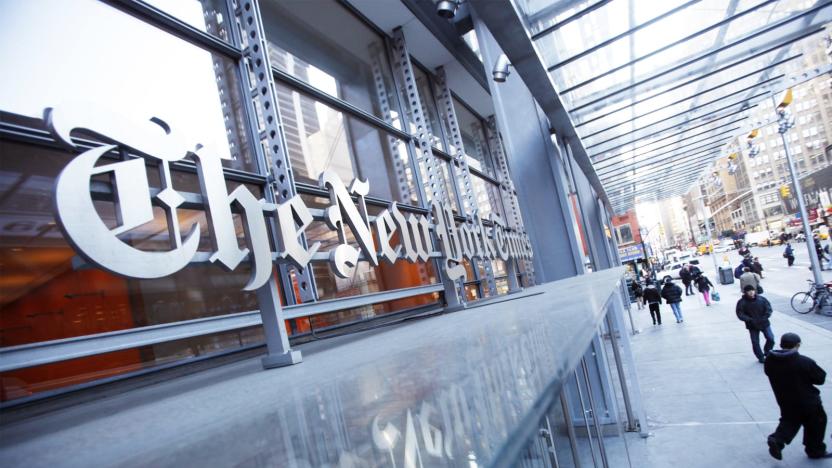
Does social media threaten the illusion of news neutrality?
For journalists, social media can be a double-edged sword. On the one hand, they can use platforms like Facebook and Twitter to share their opinion on a wide range of matters, from sports to politics. But at the same time, they have to remember to exercise caution, because whatever they say can be taken out of context and have major implications on the publications they work for. If a reader who follows your tweets or Facebook posts doesn't agree with you, that can motivate them to claim your entire newsroom is biased.
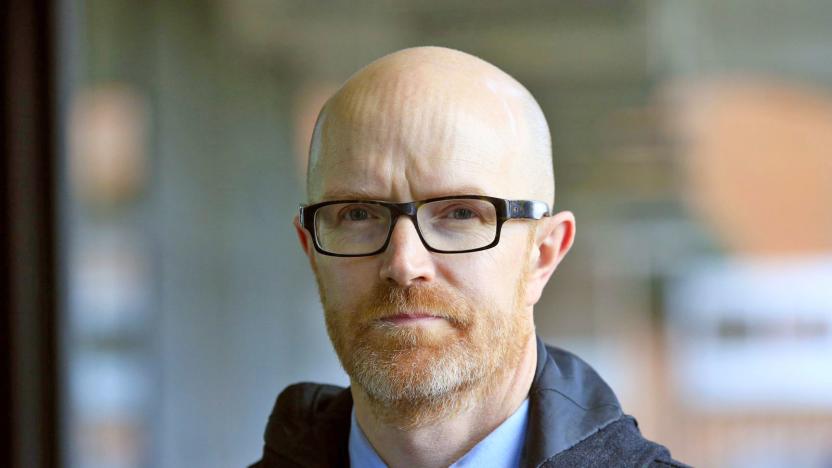
Facebook purges thousands of fake profiles ahead of UK election
Facebook has doubled its efforts to tackle fake news in the UK. As the nation heads towards a snap general election, the company has removed "tens of thousands" of accounts which it believes were involved in the spread of misinformation. The crack-down is attributed to new detection tools, first announced in April, which can spot suspicious patterns of activity, including repeat posting and sudden spikes in post volume. Tackling these bogus accounts will, as a byproduct, curb the spread of spam, fake news and other "deceptive content," Facebook claims.

Wikipedia co-founder launches Wikitribune to fight fake news
Wikipedia co-founder Jimmy Wales hopes to tackle fake news with a journalism outfit of his own. Wikitribune will be free to access and use crowdfunding to hire experienced reporters. They'll work alongside volunteers who can sub-edit articles, fact-check stories and suggest new topics for the site to pursue. "This will be the first time that professional and citizen journalists will work side-by-side as equals writing stories as they happen, editing them as they develop, and at all times backed by a community checking and rechecking all of the facts," Wales said.

Recommended Reading: Technology hasn't improved the airline experience
How Technology Has Failed to Improve Your Airline Experience Farhad Manjoo, The New York Times It hasn't been a great week for United, but that massive incident served as a harsh reminder that the airline industry has a long list of customer service issues. The New York Times' Farhad Manjoo details how technology has improved ride sharing, vacation rentals and more while the process of booking a flight and air travel still leaves a lot to be desired.
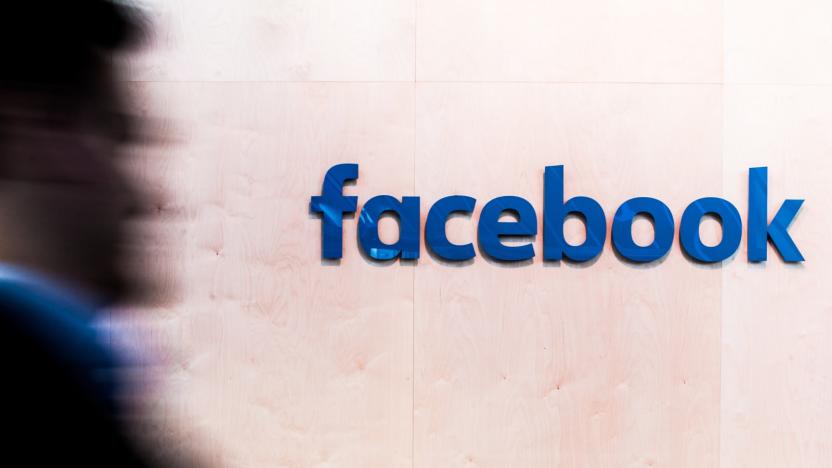
Facebook buys newspaper space to combat fake news
Facebook has splashed out on a bevy of full-page newspaper ads explaining how readers can better identify fake news. As Bloomberg reports, the marketing materials appeared in Bild, Sueddeutsche Zeitung and Die Welt -- among other dailies in Germany -- on Thursday, pushing 10 "tips" for parsing information online. They're timely, given the German government is currently debating a new law that would fine social networks which fail to act on the problem. Specifically, platform holders would be penalized up to 50 million euros (roughly $53 million) if they don't offer proper reporting tools, or refuse to remove illegal content.
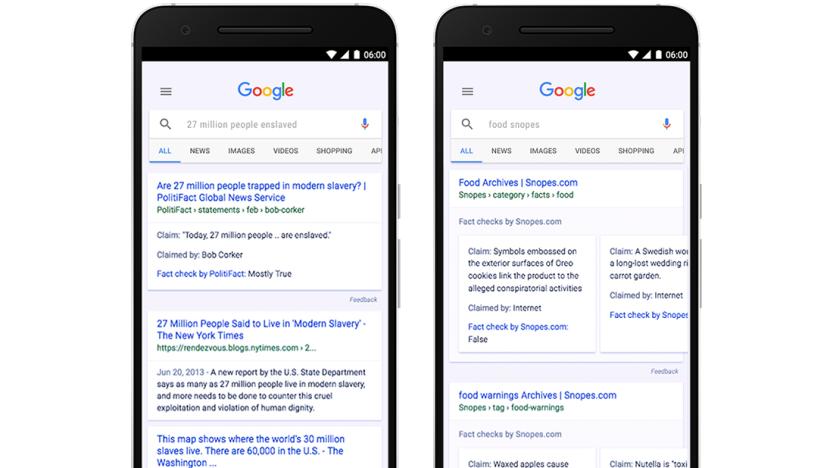
Google will flag fake news stories in search results
Google is taking a stand against dubious and outright 'fake news' by introducing a Fact Check tag in search results. If you ask for information about a highly contested subject, Google will serve a page from a fact-checker site at the top of your results. It's a small breakout box, similar to how Google shows recipes and band discographies. They'll be pulled from publishers like PolitiFact and Snopes, and will show information about the claim, the person who made the claim, and whether they think it's true.











